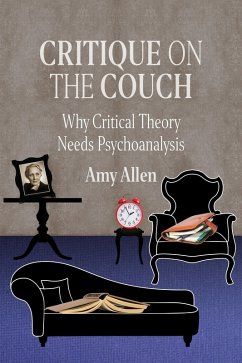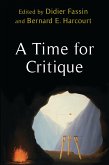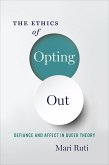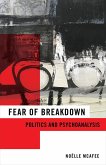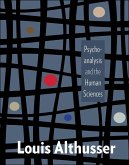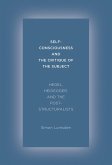Does critical theory still need psychoanalysis? In Critique on the Couch, Amy Allen offers a cogent and convincing defense of its ongoing relevance.
Countering the overly rationalist and progressivist interpretations of psychoanalysis put forward by contemporary critical theorists such as Jürgen Habermas and Axel Honneth, Allen argues that the work of Melanie Klein offers an underutilized resource. She draws on Freud, Klein, and Lacan to develop a more realistic strand of psychoanalytic thinking that centers on notions of loss, negativity, ambivalence, and mourning. Far from leading to despair, such an understanding of human subjectivity functions as a foundation of creativity, productive self-transformation, and progressive social change.
At a time when critical theorists are increasingly returning to psychoanalytic thought to diagnose the dysfunctions of our politics, this book opens up new ways of understanding the political implications of psychoanalysis while preserving the progressive, emancipatory aims of critique.
Hinweis: Dieser Artikel kann nur an eine deutsche Lieferadresse ausgeliefert werden.
Countering the overly rationalist and progressivist interpretations of psychoanalysis put forward by contemporary critical theorists such as Jürgen Habermas and Axel Honneth, Allen argues that the work of Melanie Klein offers an underutilized resource. She draws on Freud, Klein, and Lacan to develop a more realistic strand of psychoanalytic thinking that centers on notions of loss, negativity, ambivalence, and mourning. Far from leading to despair, such an understanding of human subjectivity functions as a foundation of creativity, productive self-transformation, and progressive social change.
At a time when critical theorists are increasingly returning to psychoanalytic thought to diagnose the dysfunctions of our politics, this book opens up new ways of understanding the political implications of psychoanalysis while preserving the progressive, emancipatory aims of critique.
Dieser Download kann aus rechtlichen Gründen nur mit Rechnungsadresse in A, D ausgeliefert werden.
Hinweis: Dieser Artikel kann nur an eine deutsche Lieferadresse ausgeliefert werden.

